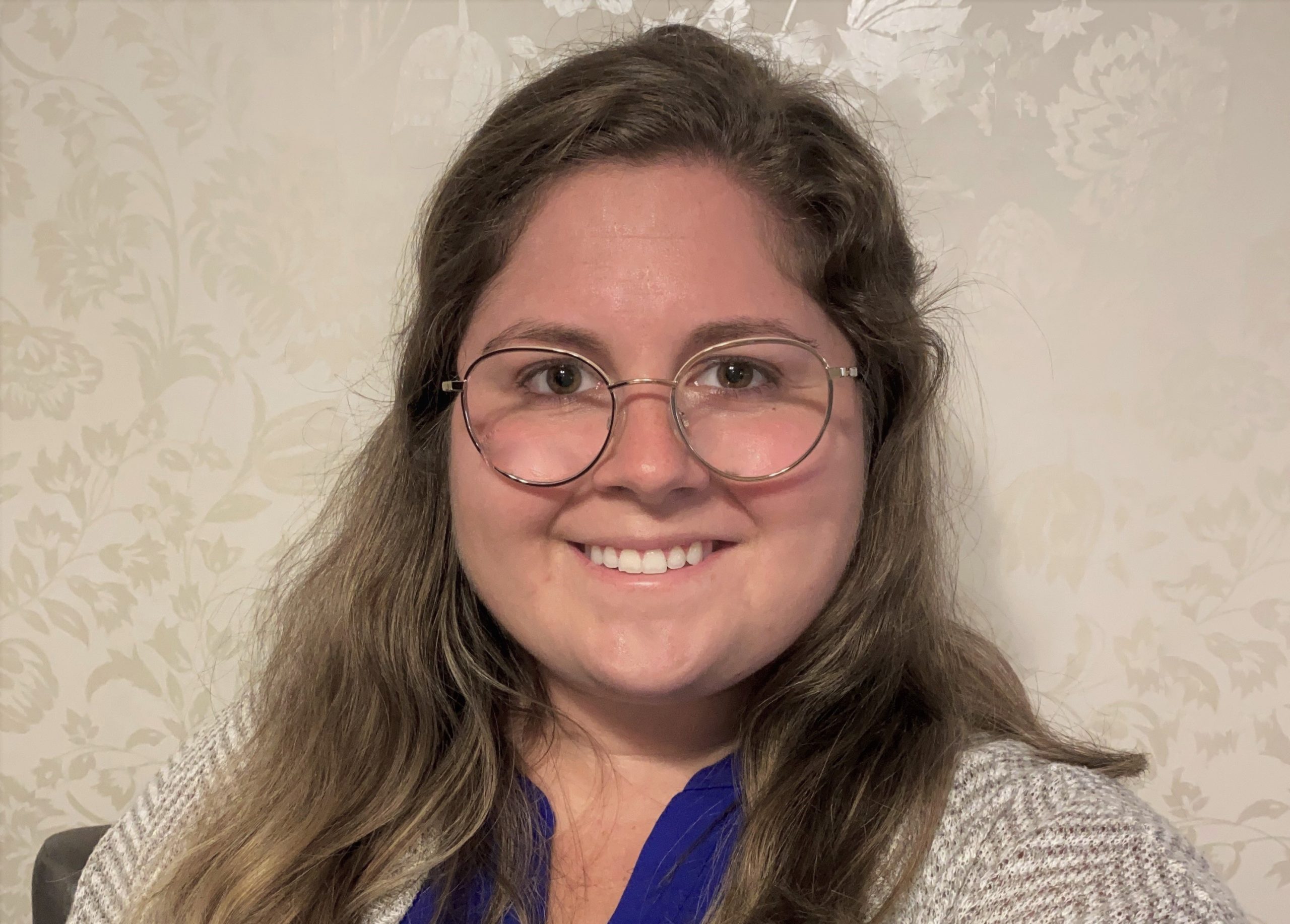Background
Emily Iovino, Ph.D. is a Postdoctoral Research Associate for the UConn Collaboratory on School and Child Health (CSCH) and is also a school psychologist. Her primary areas of research are centered on the primary caregivers of children with developmental disabilities such as attention deficit/hyperactivity disorder (ADHD) and autism and how schools can best support their needs. “My training is really focused on school-based mental health support and how we can best support children with disabilities,” explains Iovino.
Initially Iovino wanted to work directly with students as a practitioner. As a student in the UConn School Psychology Master’s Program , she hoped to work towards positive outcomes for children with disabilities. However, after joining Dr. Sandra Chafouleas’s research team, Iovino became more interested in research. “I fell in love with research and wanted to work on how to connect research to practice in school-based settings,” she says. At this point Iovino enrolled in the school psychology PhD program and started to shift her focus to the well-being of primary caregivers of children with disabilities as a result of experiences in research and her personal life. “Seeing family members struggle as a result of developmental challenges sparked an interest in figuring out how to support children that may not have access to the kinds of supports that my family had,” says Iovino. She recalls a conversation in which her advisor, Sandra Chafouleas, “brought up the needs of family caregivers of children with developmental disabilities and it really resonated with me.” Iovino wanted to focus on families because this can ultimately support child development across different domains. “If we can figure out how to provide supports for parents and help primary caregivers support their own well-being, then perhaps that can positively influence children and family engagement in schools,” says Iovino.
Currently, Iovino is working with Chafouleas to look at the impact of COVID-19 on the primary caregivers of children with ADHD and autism. Their team surveyed primary caregivers of children with and without disabilities between the ages of 6-18 to see how the shift to online learning has impacted parental roles.
Involvement with CSCH
Iovino joined CSCH after expressing an interest in Chafouleas’s line of work and the Whole School Whole Community Whole Child model. “Thinking of how families and communities can support child outcomes ties in nicely with the mission of the CSCH,” explains Iovino. She also enjoys working on the dissemination of materials that the CSCH produces and has put those materials into practice as a school psychologist. “It’s really nice to be able to pick up a 2-5 page brief that explains current research that is relevant to my job as a practitioner,” says Iovino. “Conversely, to be able to contribute to those briefs on the research side is very fulfilling.”
“I love the interdisciplinary focus of CSCH because I think it is very important to bridge the gaps of different institutions that are focused and interested in supporting the whole child, which includes families and communities,” adds Iovino.
Fun Facts
Iovino is a lifelong Husky. Since starting undergrad at UConn, Iovino has never left and “hasn’t looked back!” Follow her on Twitter: @era_iovino
